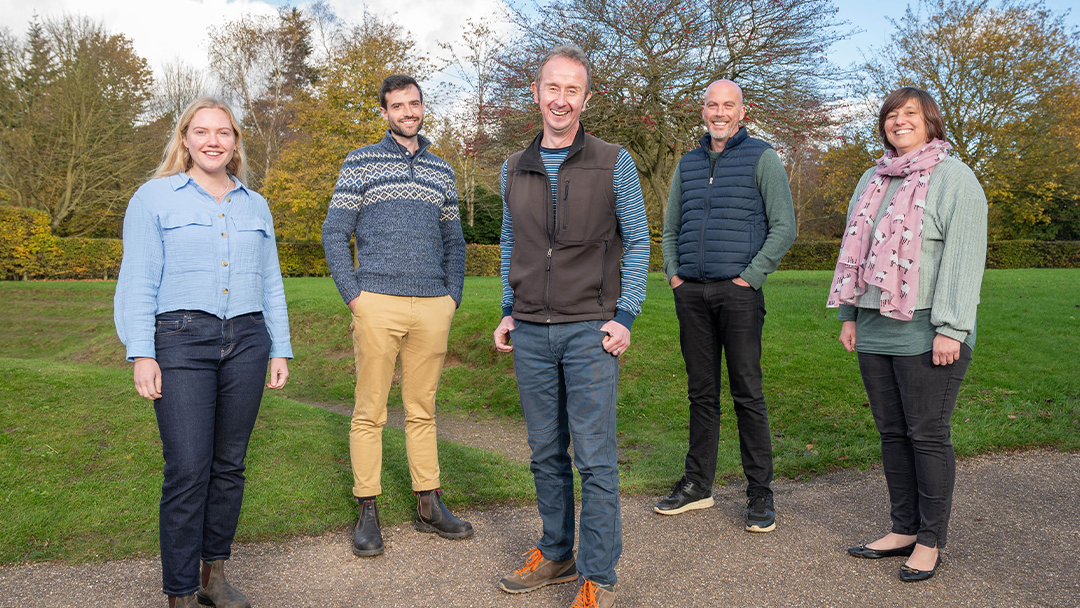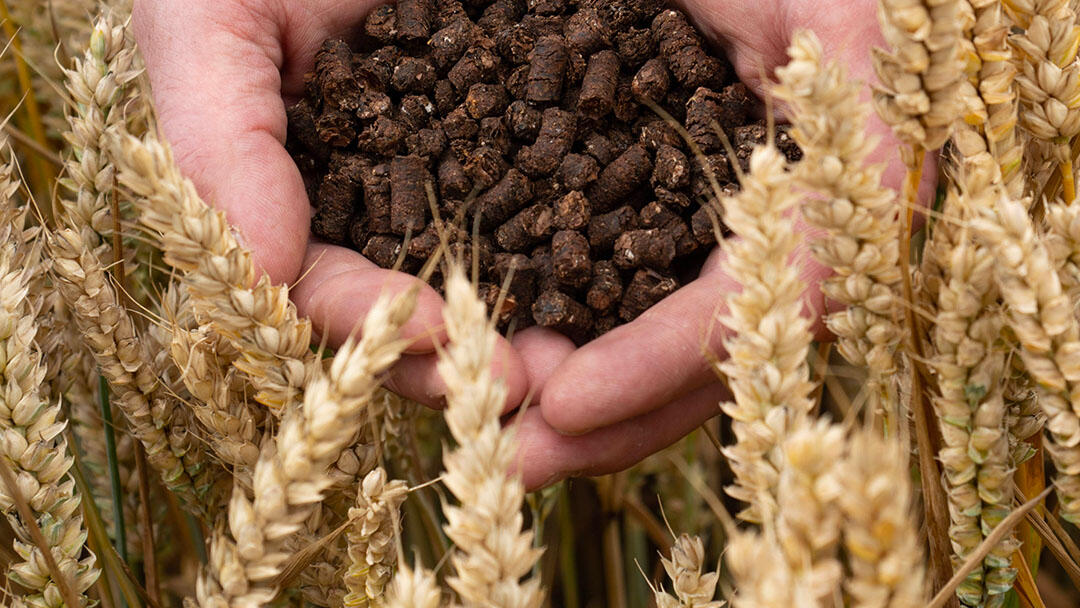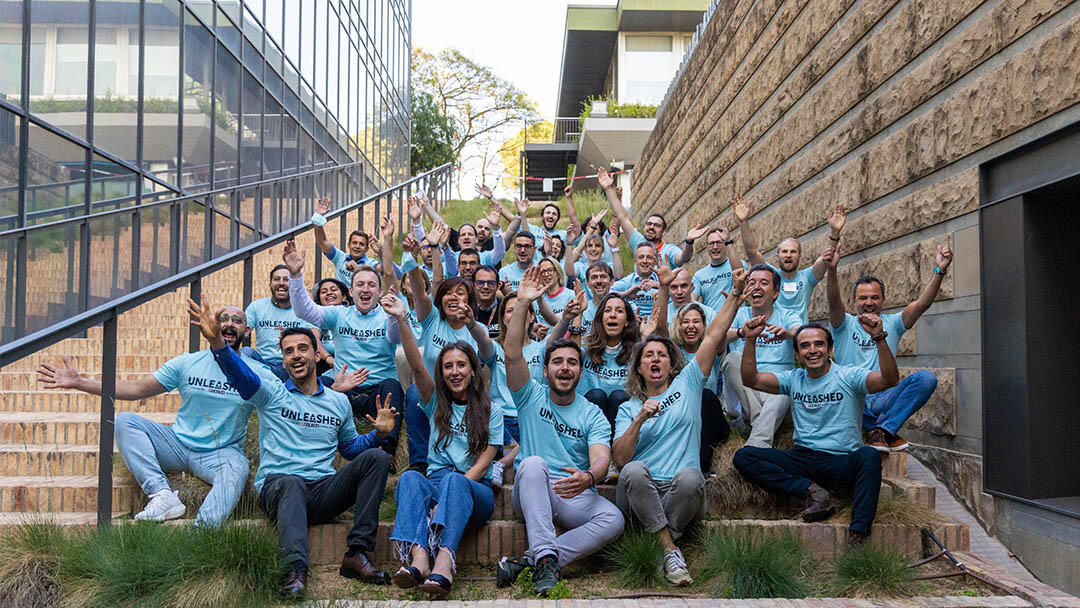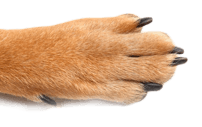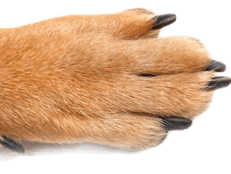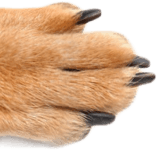Purina Europe launches its first Ocean Restoration Programme, aiming to restore 1,500 hectares of marine habitats by 2030
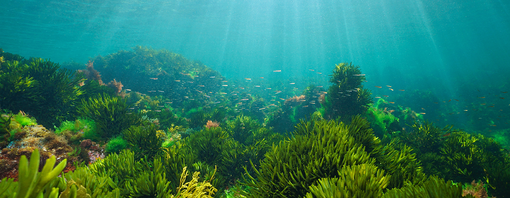
• The ocean is essential for all life on earth, providing food and livelihoods to billions of people across the world
• Overfishing, pollution and climate change have damaged nearly half of the world’s oceans, resulting in the dramatic loss of marine habitats
• To help tackle this challenge, Purina Europe is partnering with experts to help restore seagrass, oyster reefs and seaweed, which provide vital habitats for marine life such as fish, which is part of Purina’s extended supply chain
• This programme focuses on the restoration of multiple species in areas across the region, with the aim of creating a greater impact on marine biodiversity
The ocean is essential for all life on Earth. However, as a result of climate change and human activities, ocean health is declining at an alarming rate, putting all marine life under threat. To ensure a sustainable future, our oceans must be protected and preserved. That is why Nestlé Purina PetCare Europe is launching its first Ocean Restoration Programme, to help tackle marine biodiversity loss in Europe.
Purina Europe is partnering with expert organisations to help restore 1,500 hectares – the equivalent of around 3,700 football pitches – of marine habitats by 2030. Marine habitats provide a home to many species, including fish. Fish is part of Purina’s extended supply chain because it uses fish by-products, which are parts of fish that are not typically consumed by humans but provide a valuable ingredient in pet food, so that nothing goes to waste.
Purina is investing in its partners’ ocean restoration solutions across Europe, with the aim of making these effective and scalable. Each partner targets species that contribute to restoring the locally critical marine habitats that are being lost. The first phase of the programme will last three years, and prioritises the development of research, a measurement framework and the conditions to scale up the restoration solutions efficiently. The second phase is planned to start in 2026, and will focus on scaling the proven solutions.
The Seagrass Consortium, represented by one of its founding partners, Sea Ranger Service, are building solutions to plant seagrass meadows, a key habitat-forming species, helping with biodiversity and capturing carbon. Oyster Heaven is using natural materials to reconstruct lost oyster reefs. Oysters generate biodiversity, provide a home for a multitude of different species and are natural water filterers, removing pollutants including excess nitrogen which helps improve water quality. Better water quality allows more sunlight to reach the seagrass meadows, enabling them to flourish.
Urchinomics is removing excess sea urchins, which have overgrazed seaweed (in this area, kelp) beds since their natural predators have diminished significantly. Their removal will help kelp to rebound. Seaweed acts as a natural purifier of water, providing habitats, food, and energy for many marine organisms, whilst absorbing and storing large amounts of carbon. SeaForester is using techniques such as mobile seaweed nurseries to restore rapidly disappearing seaweed forests.
All these solutions have been piloted in various locations and have the potential to be scaled. They are supported by scientific research and renowned academic organisations and place a strong emphasis on community and local stakeholder engagement. An important feature of the programme is to address the common challenges that the restoration partner organisations typically face. Collaboration between the partners in this programme will help advance science and methodologies in marine habitat restoration. Effective marine habitat restoration requires a collective effort. Therefore, Purina is also working with a number of advisory partners* supporting the programme.
Restoration efforts will take place in France (Arcachon Bay), the Netherlands (including Zeeland), Norway (Tromsø), and Portugal (Cascais & Peniche), while additional sites in Germany and the UK are being developed.
Kerstin Schmeiduch, Director of Corporate Communications and Sustainability at Purina Europe, said: “We are delighted to launch Purina Europe´s first Ocean Restoration Programme. With marine biodiversity declining dramatically, collective restoration efforts are required. At Purina, we are committed to playing our part to help address the marine biodiversity loss in our extended supply chain. Therefore, together with our partners, we are taking an active role to help restore marine habitats at-scale in Europe.”
Harry Wright, CEO of Bright Tide, said: “We are thrilled to be working with Purina Europe on their Ocean Restoration programme. The structure of the programme enables the group of expert partners, who work on restoring critical species across Europe, to scale their solutions and share knowledge and expertise. This will help us to collaborate efficiently and give the greatest chance of measuring and replicating success. Going forward, the programme can contribute to creating training, employment and business opportunities for local communities”.
The Ocean Restoration Programme is part of Purina Europe’s broader commitment to help advance the regeneration of ocean and soil ecosystems. Purina remains committed to working towards its goal of ensuring 100% of its seafood ingredients are responsibly sourced or organic, and the company was proud to be a founding sponsor of The Bycatch Solutions Hub in 2023 by the Sustainable Fisheries Partnership. Purina is also supporting a consortium study to explore the role of seaweed-based bio-stimulants in regenerative agriculture.
